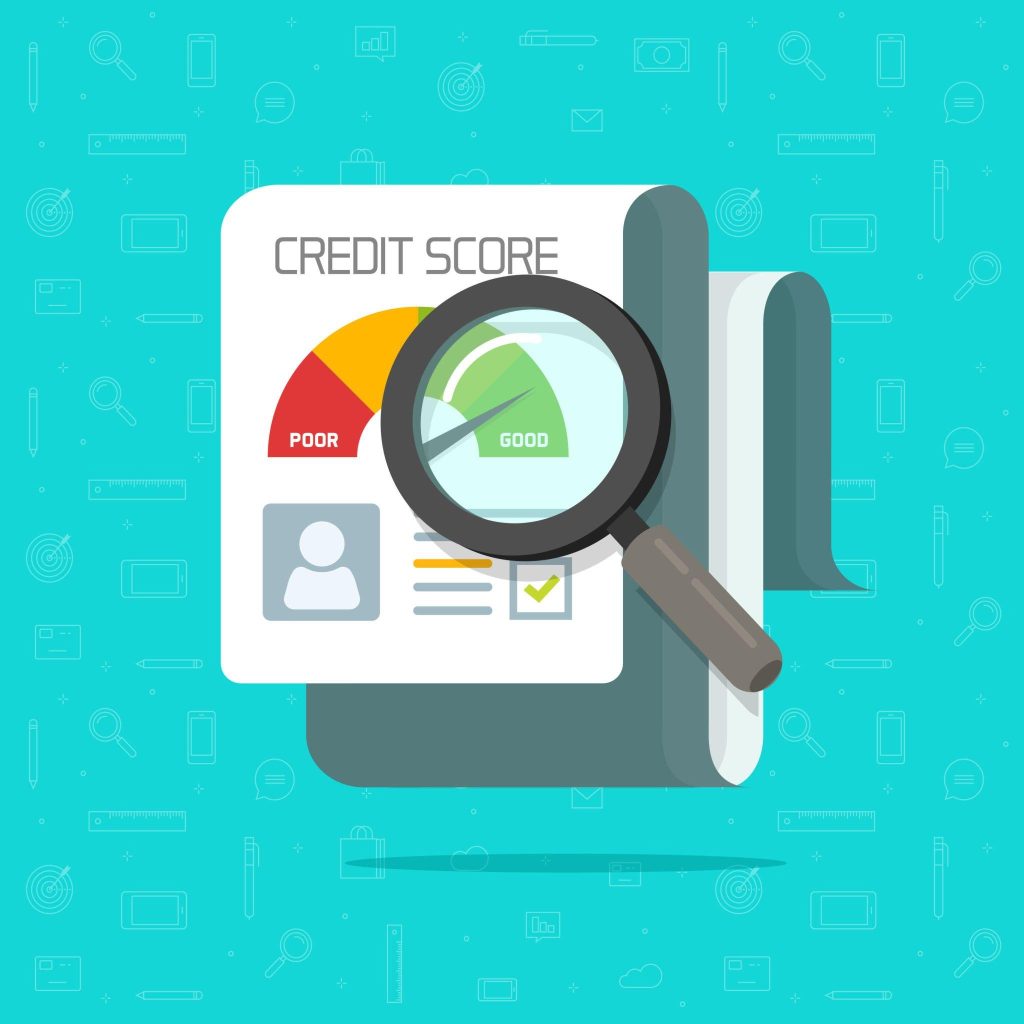When it comes to financial decisions, one that often leaves individuals puzzled is taking out a home equity loan. While home equity loans can provide much-needed funds for various purposes, they also have a significant impact on your credit score. In this article, we will explore how home equity loans affect your credit score and what key factors to consider when managing your finances in India.
Home equity loans come in two primary forms:
- Home Equity Loan: This is a lump-sum loan where you receive the full amount upfront and pay it back in fixed monthly installments.
- Home Equity Line of Credit (HELOC): HELOC works more like a credit card. You are approved for a certain credit limit, and you can borrow as much or as little as you need, paying interest only on the amount borrowed.
Impact on Your Credit Score
Now that you have a grasp of what home equity loans are, let’s explore how they can affect your credit score:
-
Credit Inquiries
When you apply for a home equity loan, the lender will conduct a hard inquiry on your credit report. This inquiry can temporarily lower your credit score by a few points. However, multiple inquiries within a short period, which often happens when you’re shopping for the best loan terms, can have a more significant negative impact.
-
Increased Debt
Receiving a lump sum or having a line of credit can lead to increased debt, which might raise concerns among creditors. While not inherently negative, it’s essential to manage this new debt responsibly. Failing to make payments on time or maxing out your home equity line of credit can adversely affect your credit score.

-
Loan Payment History
Your payment history plays a significant role in determining your credit score. Making timely payments on your home equity loan or HELOC will have a positive impact. However, missing payments or defaulting on the loan can severely damage your credit.
-
Credit Utilization Ratio
For HELOC borrowers, the credit utilization ratio comes into play. This ratio compares your credit limit to the amount you’ve borrowed. Keeping your credit utilization low is vital for maintaining a healthy credit score. Maxing out your HELOC can signal financial distress and hurt your credit.
-
Closing Accounts
Closing a home equity account can affect your credit score, particularly if it’s one of your older accounts. The length of your credit history is an essential factor in your credit score, and closing older accounts can shorten your credit history, potentially lowering your score.
Managing Your Credit Score with Home Equity Loans
While home equity loans can impact your credit score, there are strategies to minimize the negative effects and even improve your financial standing:
- Plan Your Borrowing: Before taking out a home equity loan, have a clear plan for how you will use the funds. Avoid borrowing more than you need to minimize the increase in your debt.
- Make Timely Payments: Ensure you make payments on time. This is one of the most critical factors in maintaining a good credit score.
- Monitor Your Credit Report: Regularly check your credit report for accuracy. Dispute any errors promptly.
- Limit New Credit Inquiries: Be cautious about applying for other forms of credit while you have a home equity loan. Multiple inquiries can have a cumulative negative impact.
- Manage Credit Utilization: If you have a HELOC, be mindful of your credit utilization ratio. Keep it as low as possible.
- Consider Professional Advice: If you’re unsure about managing your finances and credit score, consult a financial advisor for guidance.
In conclusion, home equity loans can have a significant impact on your credit score, both positive and negative. It largely depends on how you manage your finances and the loan. Being responsible, making timely payments, and keeping an eye on your credit report are essential steps to mitigate potential damage and ensure a positive outcome.


